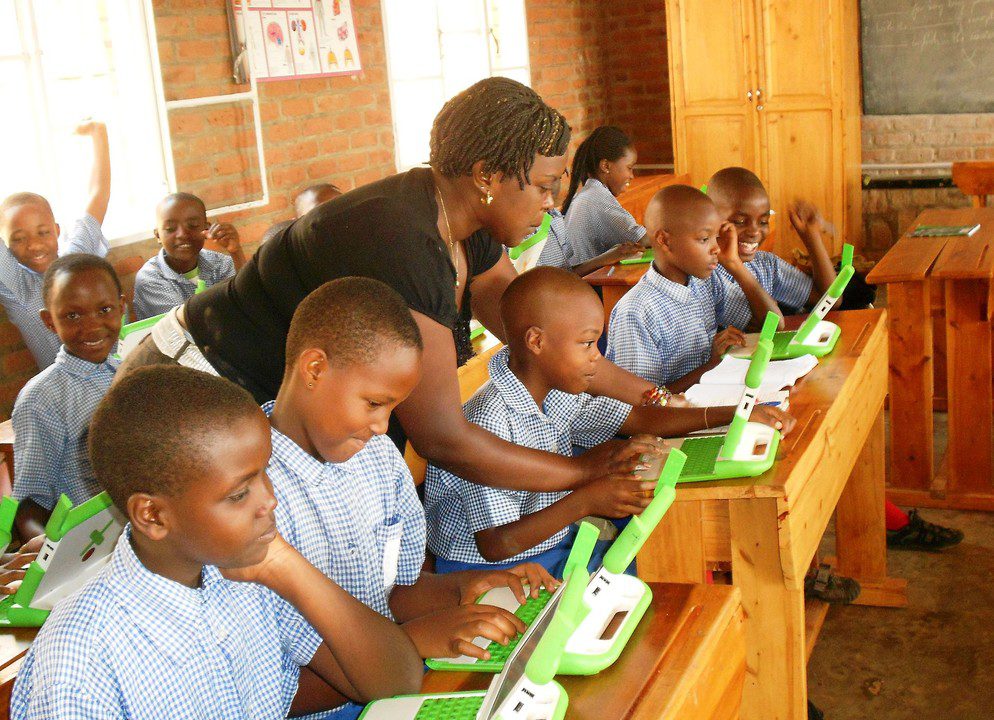The Federal Government has completed a comprehensive review of school curricula for basic, senior secondary, and technical education, aimed at equipping Nigerian learners with practical skills and preparing them for global competitiveness.
In a statement signed on Friday by the Ministry of Education’s Director of Press and Public Relations, Boriowo Folasade, and released to newsmen on Sunday, the government explained that the new framework was designed to reduce content overload, improve learning outcomes, and align education with today’s rapidly changing demands.
Speaking on behalf of the Minister of Education, Dr. Maruf Alausa, the Minister of State for Education, Prof. Suwaiba Ahmad, unveiled the revised curricula in Abuja.
According to Ahmad, the review was carried out in collaboration with major stakeholders, including the Nigerian Educational Research and Development Council (NERDC), the Universal Basic Education Commission (UBEC), the National Senior Secondary Education Commission, and the National Board for Technical Education (NBTE).
“The exercise went beyond merely trimming subjects,” Ahmad said. “It focused on improving content to promote deeper learning, reduce overload for pupils and students, and make education more relevant to today’s realities.”
Breakdown of Revised Subjects
Under the new structure, subject offerings will be streamlined across various levels:
- Primary 1–3: 9 to 10 subjects
- Primary 4–6: 10 to 12 subjects
- Junior Secondary: 12 to 14 subjects
- Senior Secondary: 8 to 9 subjects
- Technical Schools: 9 to 11 subjects
The ministry emphasized that the new curricula would create more learning time, promote skill acquisition, and ensure students graduate with competencies that match both national and global needs.
Implementation will be phased in gradually and closely monitored by relevant agencies to ensure smooth adoption across schools nationwide.
Although the statement did not specify an exact rollout date, the ministry recalled that Dr. Alausa had earlier announced a postponement of the revised basic education curriculum to September 2025. His predecessor, Prof. Tahir Mamman, had initially proposed that the curriculum take effect in January 2025, with basic school pupils required to acquire at least two vocational skills.
Education experts say the reforms are expected to redefine Nigeria’s learning system and better prepare young people for the future of work.
Stay tuned to 9am News Nigeria for more Breaking News, Business News, Sports updates And Entertainment Gists.
















